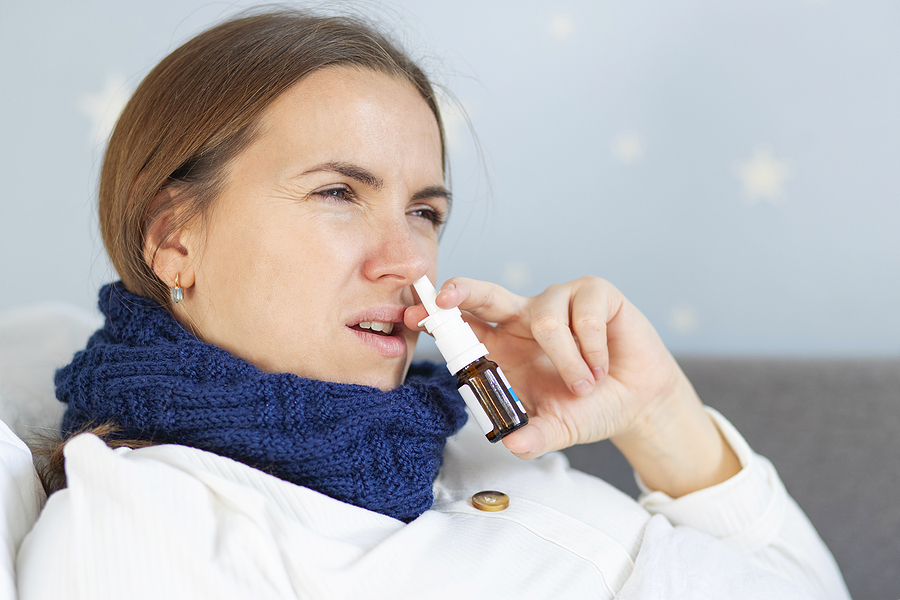Have you ever had a blocked nose? It occurs when the tissues and blood vessels in and around your nose swell due to fluid and mucus. This causes your nose to feel clogged. When your chest fills with phlegm, the same thing happens.
Some mucus in your airways is beneficial. It is required to protect and moisturize your tissues. However, congestion indicates an excess of mucus in your body. It builds up when you have a cold, irritated sinus, allergies, or breathe in smoke or pollutants.
What is phlegm?
Phlegm is mucus that is produced in the lungs and lower respiratory tract. It is most noticeable when a person is critically ill or has a chronic health condition. Even when a person is healthy, mucus forms a protective lining in certain body parts.
Mucus prevents these areas from drying out and aids in the defense against invaders such as viruses and bacteria. The following actions can aid in the removal of excess mucus and phlegm:
- Drinking plenty of water
To keep mucus thin, the body must stay hydrated. Drinking extra fluids while sick with a cold can thin the mucus and help the sinuses drain. Staying hydrated may also help people with seasonal allergies avoid congestion.
- Maintain the humidity of the air
More mucus forms as a lubricant because dry air irritates the nose and throat. A cool-mist humidifier in the bedroom can help you sleep better by keeping your nose clear and preventing a sore throat.
- Consume ingredients that promote respiratory health
Consume foods and beverages containing lemon, ginger, and garlic. Although there isn’t much research to back it up, it may help treat colds, coughs, and excess mucus. Spicy foods containing capsaicin, such as cayenne or chili peppers, may also temporarily clear sinuses and move mucus.
- Vapor rubs
Vapor rubs do not solve the problem. However, they can help relieve congestion symptoms. The most well-known is Vicks VapoRub, which combines cough suppressants and pain relievers. Camphor, eucalyptus oil, and menthol are the active ingredients. To allow the vapor to reach your nose and mouth, you rub it on your throat and chest.
- Exercise
Walking quickly, biking or jogging can help loosen the buildup in your chest. This will make coughing easier. However, because congestion is often associated with illness, your body will require rest to recover. So, don’t overwork yourself.
If you have a condition that causes you to produce more mucus when you exercise, such as exercise-induced asthma, you may want to experiment with a different treatment or technique.
- Aromatherapy oils
Essential oils are used to treat various illnesses, including sinus infections and chest colds. They may have anti-inflammatory and antibacterial properties. As a result, breathing in the vapors of the oils may help drain your sinuses.

